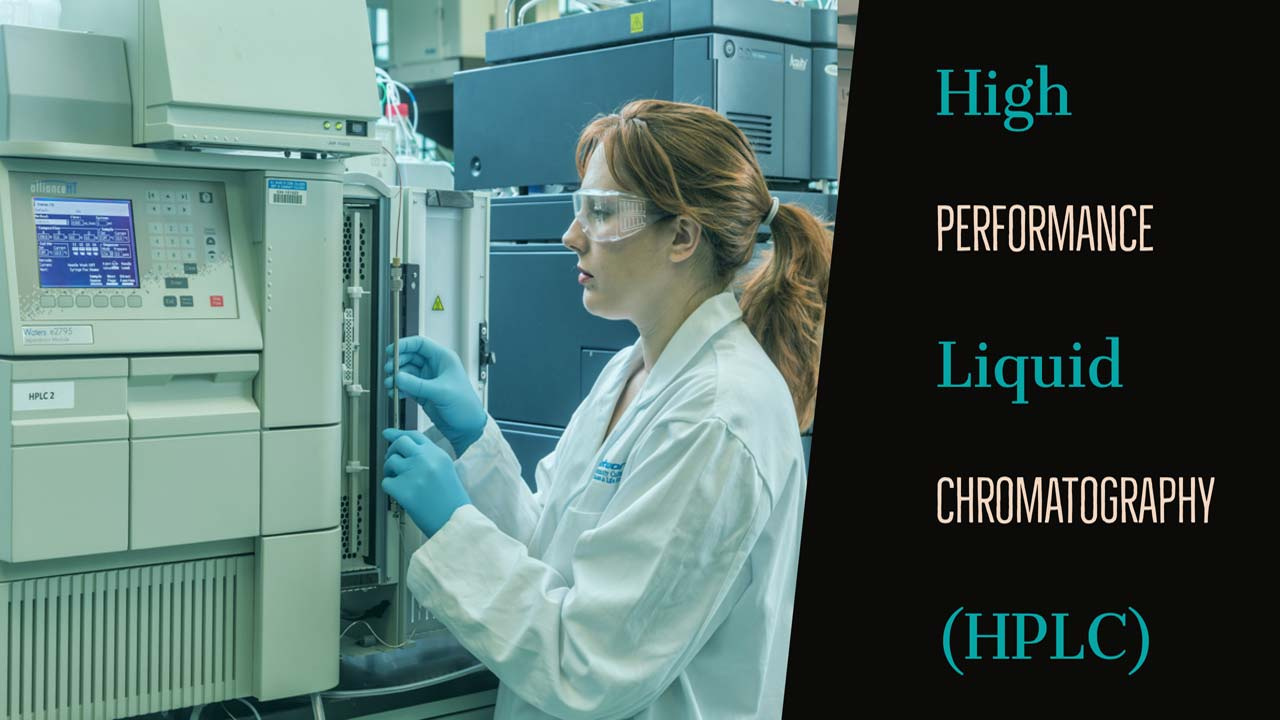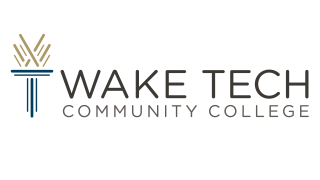High performance liquid chromatography (HPLC) is a chemistry technique used to separate compounds of interest from a liquid mixture based on chemical and/or physical properties. When HPLC is coupled with a spectrophotometric detector, it can be used to quantify analytes to provide detailed information on the chemical composition of a sample. HPLC is commonly used in quality control or research laboratories in the biotechnology, chemical, agricultural, pharmaceutical, dietary supplement, and cosmetic industries. This course will focus on the basic applications of HPLC, including an introduction to separation science, detection methods, and the varieties of chromatography modes via HPLC. Additional topics include instrument orientation and operation, maintenance and troubleshooting, method development, sample preparation, and data analysis. Laboratory sessions will include hands-on experience in operation of an HPLC system.
This course is designed for BioWork graduates, entry level laboratory technicians, analytical chemists, associate scientists, and quality control personnel.
This 2 day, 16 hour course covers the following topics:
- Safety when working with chromatography systems
- Introduction to general chromatography
- Overview of a HPLC system and sample flow path
- Overview of HPLC and how it relates to the Van Deemter equation
- Optimization of statistical variables such as column efficiency, HETP, peak resolution, LOD & LOQ, linearity, linear range, peak tailing, %RSD, and signal to noise ratio
- Modes of chromatography: normal phase, reverse phase, ion exchange, and size exclusion
- Effect of manipulating solvent polarity to optimize peak elution and resolution
- Overview of types of detectors
- Produce a standard calibration curve using model analyte
- Sample dilutions through use of volumetric glassware
- Chromatography result analysis
- HPLC maintenance, method development, and troubleshooting
- Emphasize the importance HPLC plays in research and quality control in the pharmaceutical and biotechnology industries, and educate students on the various applications of HPLC.
- Provide students with a basic understanding of chromatography and application of these skills.
- Provide students with a basic understanding of the design, operation, and control of an HPLC system; including hands-on experience.
- Introduce students to basic HPLC method development, monitoring, maintenance, and troubleshooting.
Delivered in-person in a classroom or lab setting.
High performance liquid chromatography (HPLC) is a chemistry technique used to separate compounds of interest from a liquid mixture based on chemical and/or physical properties. When HPLC is coupled with a spectrophotometric detector, it can be used to quantify analytes to provide detailed information on the chemical composition of a sample. HPLC is commonly used in quality control or research laboratories in the biotechnology, chemical, agricultural, pharmaceutical, dietary supplement, and cosmetic industries. This course will focus on the basic applications of HPLC, including an introduction to separation science, detection methods, and the varieties of chromatography modes via HPLC. Additional topics include instrument orientation and operation, maintenance and troubleshooting, method development, sample preparation, and data analysis. Laboratory sessions will include hands-on experience in operation of an HPLC system.
This course is designed for BioWork graduates, entry level laboratory technicians, analytical chemists, associate scientists, and quality control personnel.
This 2 day, 16 hour course covers the following topics:
- Safety when working with chromatography systems
- Introduction to general chromatography
- Overview of a HPLC system and sample flow path
- Overview of HPLC and how it relates to the Van Deemter equation
- Optimization of statistical variables such as column efficiency, HETP, peak resolution, LOD & LOQ, linearity, linear range, peak tailing, %RSD, and signal to noise ratio
- Modes of chromatography: normal phase, reverse phase, ion exchange, and size exclusion
- Effect of manipulating solvent polarity to optimize peak elution and resolution
- Overview of types of detectors
- Produce a standard calibration curve using model analyte
- Sample dilutions through use of volumetric glassware
- Chromatography result analysis
- HPLC maintenance, method development, and troubleshooting
- Emphasize the importance HPLC plays in research and quality control in the pharmaceutical and biotechnology industries, and educate students on the various applications of HPLC.
- Provide students with a basic understanding of chromatography and application of these skills.
- Provide students with a basic understanding of the design, operation, and control of an HPLC system; including hands-on experience.
- Introduce students to basic HPLC method development, monitoring, maintenance, and troubleshooting.


